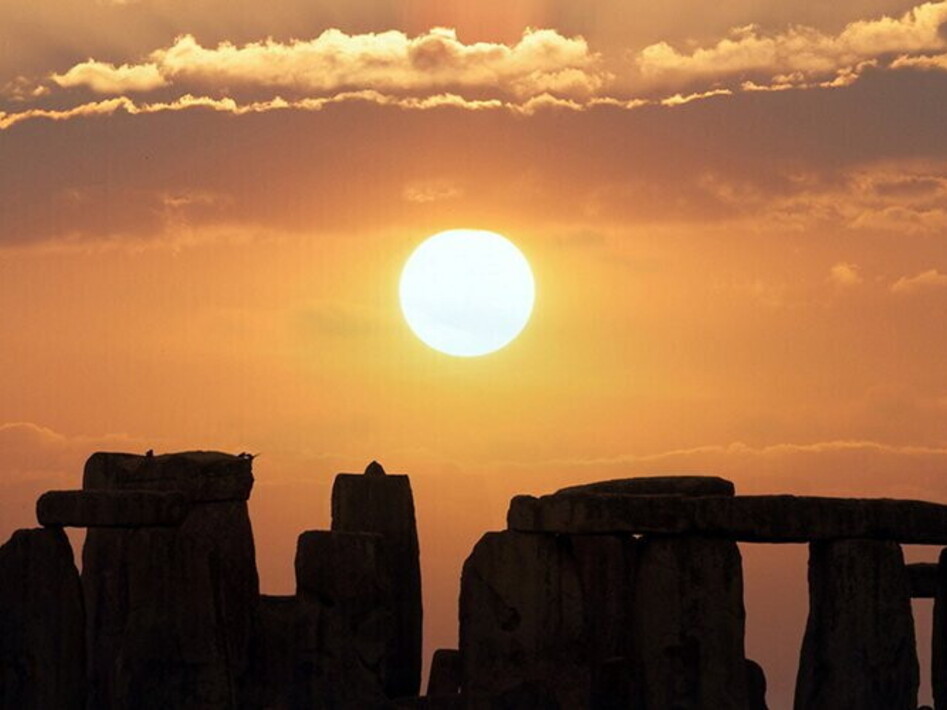The Longest Day
21 June 2023

The first day of summer, known as the summer solstice, marks an astronomical event that has fascinated people around the world for centuries, a magical moment that corresponds to the longest day and shortest night of the year. It all depends on the tilting of the earth's axis, which is at its greatest on the summer solstice, approximately 23.5 degrees compared to the orbital plane. As a result, the sun's rays are distributed differently in the various areas of the planet. During the first day of summer, the northern hemisphere is tilted towards the sun, the rays fall almost perpendicularly on the surface and our star reaches its highest point in the sky at noon. Because of the tilt, the sun appears to follow a higher and wider arc across the sky, so it remains visible for more hours on what is precisely the day with the most hours of daylight. The summer solstice occurs between 20 and 22 June in the northern hemisphere, while in the southern hemisphere it marks the first day of winter. The date may vary slightly each year due to the complexity of the earth's orbit and the influence of the gravitational forces of other celestial bodies, in particular the moon and the sun. This year, the summer solstice in the northern hemisphere falls on 21 June.
The summer solstice has been celebrated by different cultures for millennia. Ancient civilisations, such as the Maya and the Egyptians, built architectural wonders for observing the solstice and understanding astronomical phenomena. The megalithic stones at Stonehenge in England, for example, are aligned in such a way as to intercept the sun's rays at sunrise on the longest day. Climatically speaking, the solstice marks the beginning of summer for the northern hemisphere, the naturally hottest time of the year, which will be even hotter this year due to global warming. According to meteorologists' analyses, also in view of the possible return of the ocean current known as El Niño, the summer of 2023 will be the hottest in recent years—a statement that, unfortunately, has been repeated at every summer solstice for several years.


